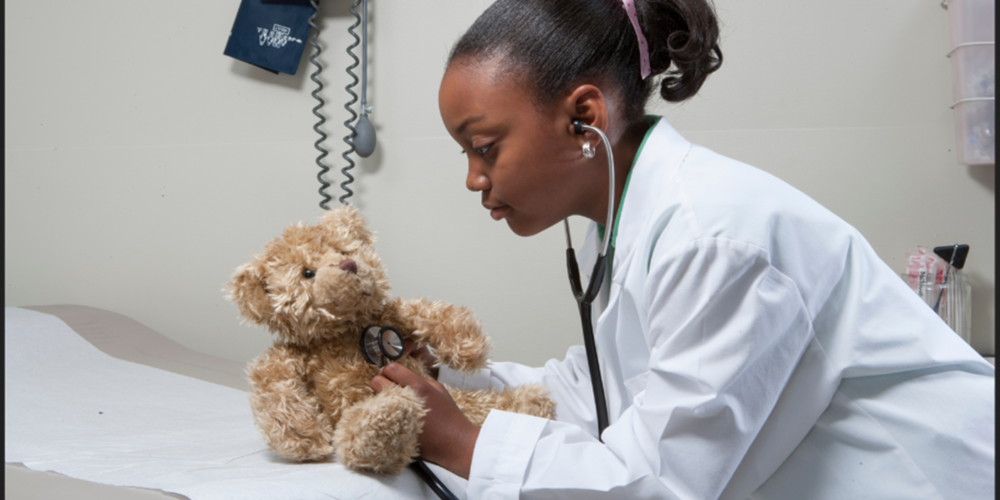What is Adolescent Gynecology?
Adolescent gynecology helps address issues that affect the female reproductive organ for young women. Your gynecologist can be a partner in your healthcare to help you diagnose, treat, and manage conditions that may arise in puberty or through the teen years. Often, young women have their first visit with a gynecologist between the ages of 13 years and 18 years. Adolescent gynecology integrates physical health with emotional and social well-being providing a comprehensive approach to care. It empowers young individuals with knowledge about their bodies fostering informed decision-making about their health. Also encourages early identification and management of gynecological issues can prevent complications and promote long term health.
When Should I Have My First Gynecology Visit?
According to ACOG it is recommended that healthy girls have their first visit with a gynecologist between ages 13 and 15. Many young women have their first visit between 13-18 years of age. If the young woman is sexually active or has issues with periods, you may see a gynecologist sooner. It is normal to feel nervous about your first visit. It may help if you talk about your concerns with your parents or someone else you trust. Your gynecologist can help put you at ease and answer any questions you may have. The American Congress of Obstetrics and Gynecology recommends annual pap tests to screen for cervical cancer starting at age 21, regardless of sexual activity. But issues can come up long before then.
What to expect at the appointment
The first visit may be just a talk between you and your gynecologist. It is important to find someone you can trust, so you can have an open conversation. Your gynecologist may ask a lot of questions about you that may seem personal. For example, you may be asked questions about your menstrual period or sexual activities. Giving honest answers to these questions is key to your care. If you are concerned about confidentiality, you and gynecologist should talk about it before you answer any questions. Much of the information you share can be kept confidential.
After you have had a consultation or conversation, you may have another appointment for future visits. This may include an exam, vaccinations, or prescription for medications or birth control, depending on your need. You can ask questions about your body, growing up, and sex.
Do I need to be examined?
Many concerns can be addressed without an exam. Your gynecologist will put your needs first and make sure you feel heard and cared for.
If there are some issues that need a closer look, your gynecologist may recommend:
- A weight, height, and blood pressure check
- A urine sample
- If you are sexually active, you may have tests for certain sexually transmitted infections (STIs)
Some issues addressed at the visit include:
- Information about menstruation or periods
- Discussions about painful or heavy periods
- Birth control options and implementation
- First pap smear
- Guidance about the changes that can occur through puberty
- Protecting against sexually transmitted infections and screening
- Addressing body image and self esteem
- Urinary tract infections
- Yeast infections
- Premenstrual syndrome symptoms
- Healthy discussions about sexuality or sexual relationships
- Preventing teen pregnancy

